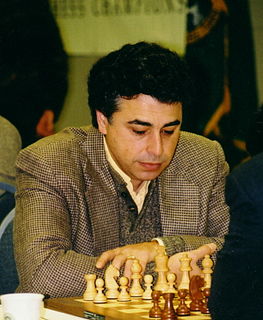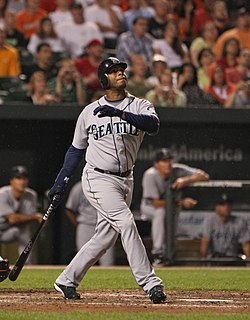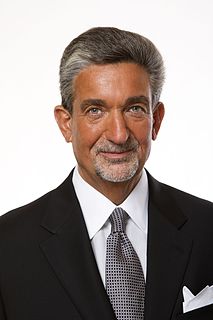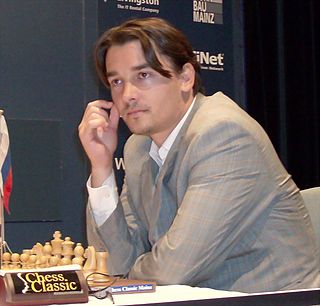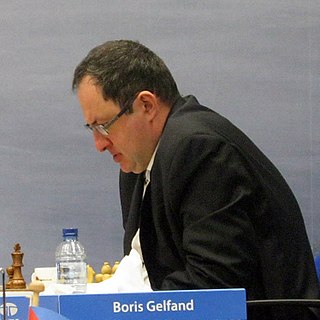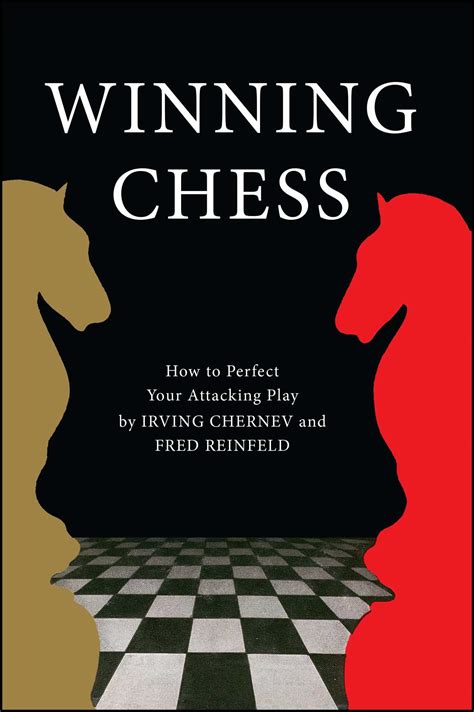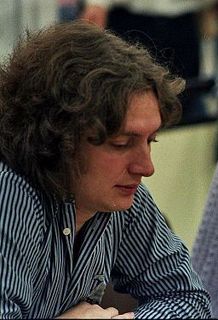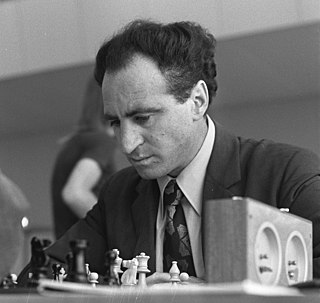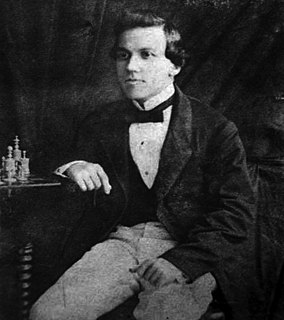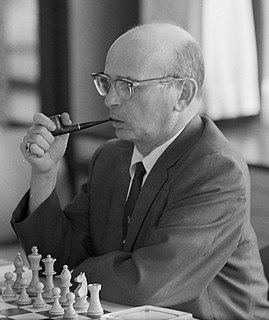A Quote by Mikhail Botvinnik
I claim that nothing else is so effective in encouraging the growth of chess strength as such independent analysis, both of the games of the great players and your own.
Related Quotes
For young players, their minds are not overloaded. I am 54 with four kids and I do many other things. Even if I stopped everything else, spent months working just on chess, for a long match against most of the top players, a classical match, six hours, say, I don't stand a chance. I have a better chance in shorter matches. Rapid is 25 minutes, or blitz events where you have five minutes to make a move, or bullet games, where it is one minute. For blitz, five-minutes chess, I would be top ten, top five. But longer games, no chance.
Chess, which exists predominantly in two dimensions, is one of the world's most difficult games. Three-dimensional chess is an invitation to insanity. But human relationships, even of the simplest order, are like a kind of four-dimensional chess, a game whose pieces and positions change subtly and inexorably between moves, whose players stare dumbly while their powerful positions deteriorate into hopeless predicaments and while improbable combinations suddenly become inevitable. To make matters worse, some games are open to any number of players, and all sides are expected to win.
I used to play a lot of chess and competitive chess and study chess and as you get to the grandmasters and learn their styles when you start copying their games like the way they express themselves through... The way Kasparov or Bobby Fischer expresses themselves through a game of chess is it's astonishing. You can show a chess master one of their games and they'll say "Yeah, that is done by that player."
Like Dvoretsky, I think that (all other things being equal), the analytical method of studying chess must give you a colossal advantage over the chess pragmatist, and that there can be no certainty in chess without analysis. I personally acquired these views from my sessions with Mikhail Botvinnik, and they laid the foundations of my chess-playing life.
The Internet is the first technology since the printing press which could lower the cost of a great education and, in doing so, make that cost-benefit analysis much easier for most students. It could allow American schools to service twice as many students as they do now, and in ways that are both effective and cost-effective.
Baseball and golf have a lot of things in common, including the fact that players in both games love hitting for power. However, in both sports, trying to do so strictly with muscle strength doesn't work very well. In fact, I see a lot of guys in both baseball and golf struggle when they try to swing with tight arms.
I love chess, and I didn't invent Fischerandom chess to destroy chess. I invented Fischerandom chess to keep chess going. Because I consider the old chess is dying, it really is dead. A lot of people have come up with other rules of chess-type games, with 10x8 boards, new pieces, and all kinds of things. I'm really not interested in that. I want to keep the old chess flavor. I want to keep the old chess game. But just making a change so the starting positions are mixed, so it's not degenerated down to memorisation and prearrangement like it is today.





